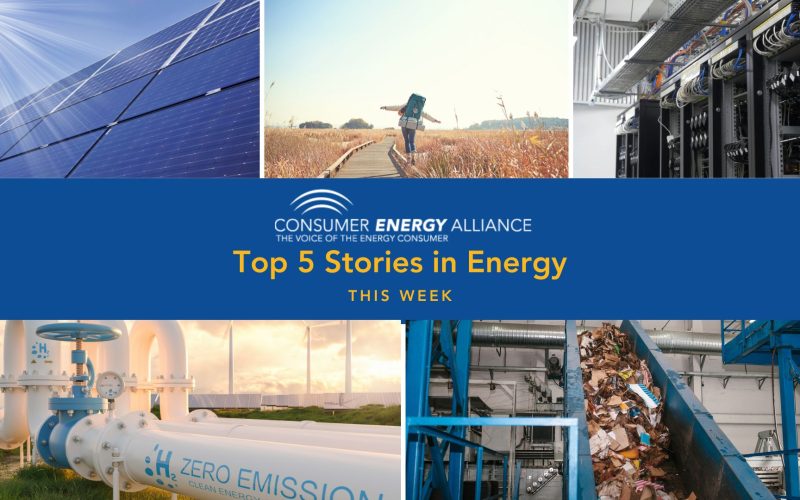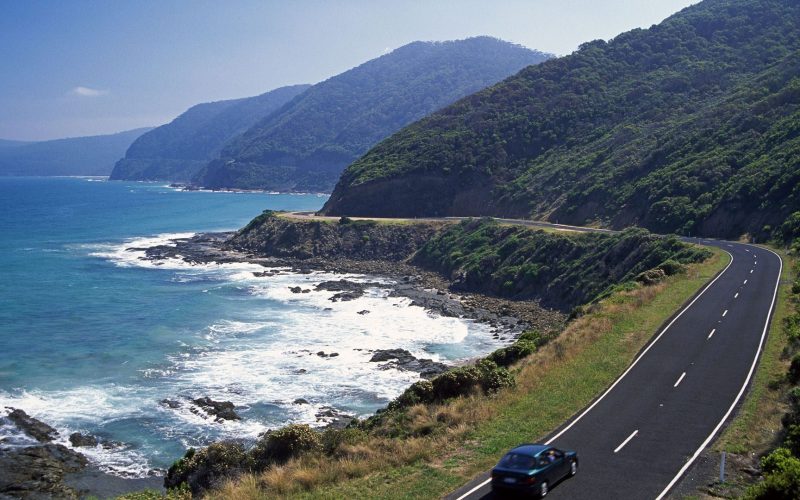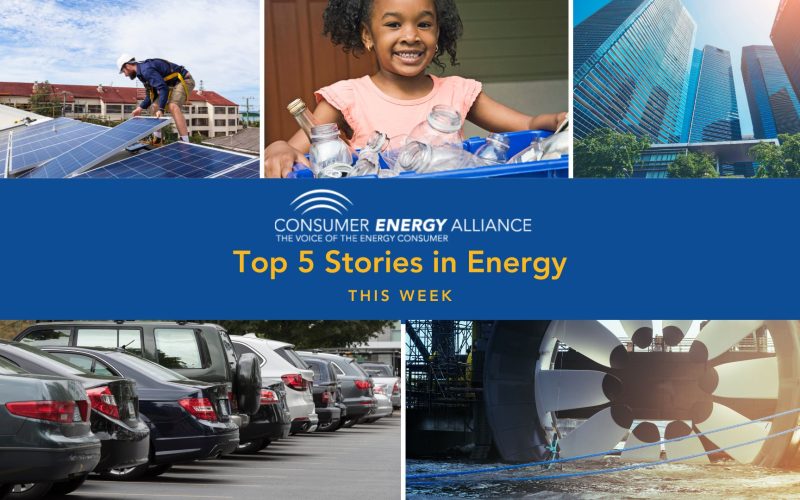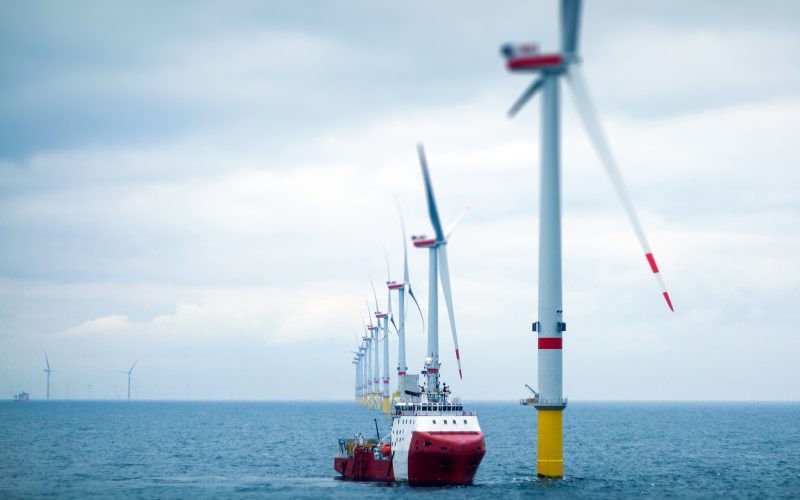THE VOICE FOR THE ENERGY CONSUMER

The Department of Interior today announced the first offshore lease for wind energy development off the coast of New York and New Jersey. The proposed lease has the potential to.
With the threatened shutdown of Line 5, Consumer Energy Alliance commissioned an independent report to review the impact it would have on employment and economic opportunities across the Midwest. The.

WASHINGTON, D.C. – Consumer Energy Alliance (CEA) released the following statement of support for the Biden Administration’s proposed $2.8 billion budget allocation to boost our environment and national parks, the.

Oceans were created billions of years ago and at one point, the water we see today was actually a gas until the Earth cooled below 212 degrees Fahrenheit. However, oceans.

Concord, New Hampshire – Consumer Energy Alliance (CEA), the leading energy and environmental advocate for families and businesses, applauded the New Hampshire Legislature for overwhelmingly passing Senate Bill 86, bipartisan.

The Biden Administration this week announced an agreement with California Governor Gavin Newson to advance areas for offshore wind off the northern and central coasts of California, which will be.

Why does New York need more clean energy infrastructure? By 2030, the state law known as the Climate Leadership and Community Protection Act or CLCPA will require that New York.

WASHINGTON, D.C. – Consumer Energy Alliance, the leading voice for sensible energy and environmental policies for families and businesses, today praised the Biden Administration for announcing an agreement with California.